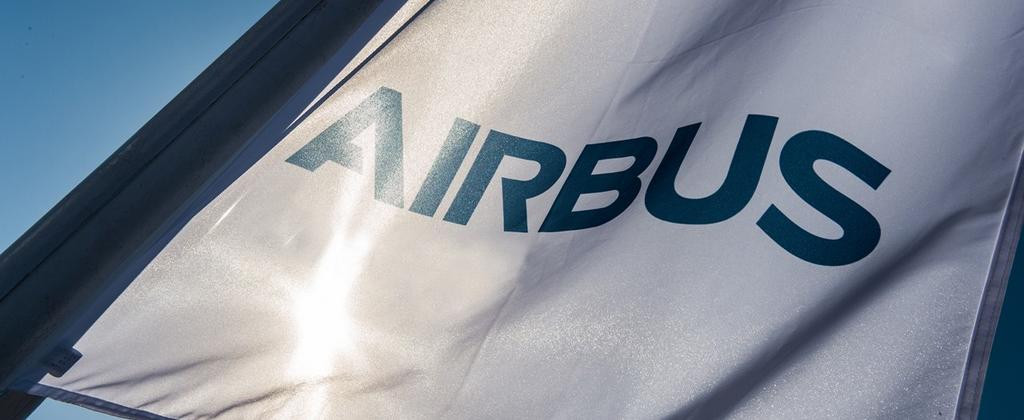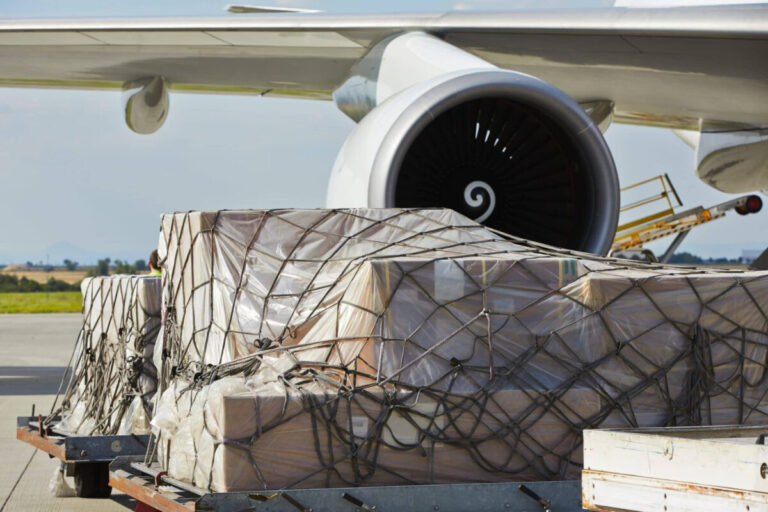
Airbus SE reported a strong financial performance for the fiscal year 2024, with 766 commercial aircraft and revenue of 69.2 billion euros. The European space giant reaffirmed its dominance in the market with the accumulation of an order of 8,658 commercial aircraft and issued optimistic expectations for 2025, despite the ongoing challenges of the supply chain.
Guillaume Faury, CEO of Airbus, was distinguished by 2024 as a “test year” but highlighted the company’s flexibility and strategic focus. “We have achieved a strong amount for all companies in 2024, with a book exceeding 1, which confirms the strong demand for our products and services,” he said. The company has been committed to increasing production, converting the defense and space department, and progressing in carbon removal efforts.
The growth of commercial aviation amid the opposite winds of the supply chain
Airbus obtained 826 requests from clear commercial aircraft in 2024, which reflects the continuous demand despite the decrease in the orders of 2023 of 2094. The A320 family program continued a fixed increase, with plans to reach 75 aircraft per month by 2027. However, the A350 and A220 programs faced delay due to the supply chain disorders, especially with air spiritual systems, which affects Increase planned production.
Revenue from commercial aircraft increased by 6 % to 50.6 billion euros, driven by increased delivery operations, including 75 A220s, 602 A320 Family Aircraft, 32 A330s and 57 A350S. Airbus confirmed its commitment to expanding production, amending the A350 shipping schedule to the second half of 2027 and maintaining its goal of 14 A220 aircraft per month by 2026.
Defense, space and helicopters appear flexible
Airbus Defense and Space witnessed a record amount of 16.7 billion euros, supported by an additional 25 Eurofighter aircraft for Spain. However, the department recorded a modified eBit loss of 566 million euros due to 1.3 billion euros in the fees related to space programs. The Airlifter A400M military program remained under pressure, as Airbus recorded a fee of 121 million euros due to the continued uncertainty regarding production and contracting modifications.
Airbus helicopters performed strongly, obtaining 450 net requests and generating 7.9 billion euros, an increase of 8 % on an annual basis. The modified Ebit of the department has increased to 818 million euros, reflecting strong deliveries and post -sales services.
Financial performance and shareholders ’revenues
Airbules reached profits before interest, taxes and consumerity amounting to 5.4 billion euros, with a net profit of 4.2 billion euros and reported profits per share of 5.36 euros. The free cash flow before customer financing amounted to 4.5 billion euros, confirming the company’s financial stability.
In appreciation of its performance, Airbus proposed a dividend of 2.00 euros per share, an increase of 1.80 euros in 2023, along with special profits of 1.00 euros per share. The company also highlighted a strong cash job of 26.9 billion euros, and supporting continuous investments in future growth.
2025 Outlook: Optimism with caution
In the future, Airbus aims to offer about 820 commercial aircraft in 2025 and achieve EBIT amending about 7.0 billion euros. The free cash flow is expected to remain stable at 4.5 billion euros. The company integrates Spiric Aerosystems, which is expected to have a widespread neutral impact on EBIT but the negative impact of the middle numbers number on free cash flow.
Airbus is still optimistic about about 2025, assuming that there are no major disturbances in world trade chains, air traffic restoration or supply chains. “Our guidelines for 2025 reflects confidence in our operational capabilities, while realizing the need to move in industry challenges,” Fawry pointed out.
As the aviation sector continues to recover after birth, Airbus’s ability to manage the pressure of the supply chain, implement the production numbers, and maintain profitability closely. The strategic investment of the company in digitization, sustainable aviation and defense will play a pivotal role in forming its long -term path.


